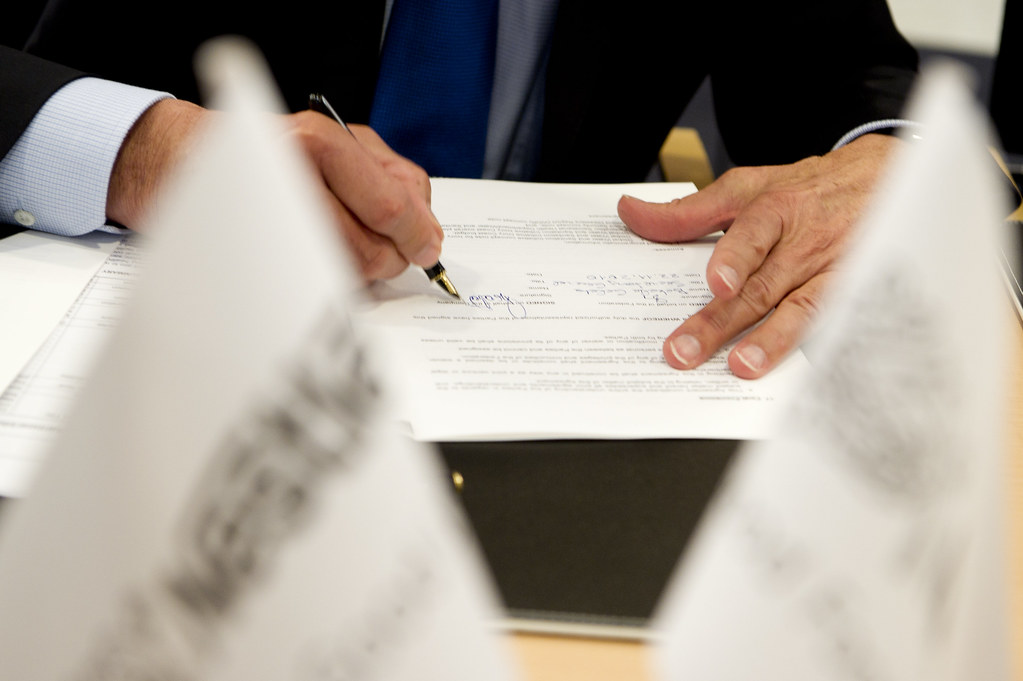Rivals Nissan and Honda sign MoU on EV partnership
Japanese auto rivals Nissan Motor and Honda Motor are considering a strategic partnership to collaborate on producing key components for electric vehicles and artificial intelligence in automotive software platforms, the companies said Friday. Uchida said Nissan and Honda were open to collaboration with existing partners should opportunities arise. The companies will explore cost-cutting measures, Honda's Mibe said, adding that achieving cost-effectiveness requires greater production levels.

Japanese auto rivals Nissan Motor and Honda Motor are considering a strategic partnership to collaborate on producing key components for electric vehicles and artificial intelligence in automotive software platforms, the companies said Friday. The potential partnership could help the two develop economies of scale in producing EVs as Japan's automakers face heavy competition from China's BYD, Tesla and others.
Nissan was a pioneer in EVs with its all-electric Leaf model but has struggled alongside other legacy automakers in the face of increasing competition from nimbler new entrants. "Emerging players are very aggressive and are making inroads at incredible speed," Nissan CEO Makoto Uchida told a press briefing.
"We cannot win the competition as long as we stick to conventional wisdom and a traditional approach," he said. Honda's sales also lag those of rivals and battery-powered vehicles accounted for less than 0.5% of its worldwide sales of about 2.8 million cars over the first nine months of 2023, company data showed.
The two companies signed a non-binding memorandum of understanding to look at areas of potential collaboration but have yet to determine the scope, Honda President Toshihiro Mibe said. They are open to working together in any region, both in Japan and overseas, Uchida said.
Nissan has existing business alliances with Renault and Mitsubishi Motors, but these will not be affected by a potential alliance with Honda, he said. Nissan cooperates with Renault on EVs, mainly in Europe. The next Nissan electric Micra will share the same architecture as the new Renault Five and be built in the same plant in northern France.
Nissan and Renault last year reduced the scope of their years-long alliance and Renault has since signed agreements with new partners such as China's Geely. Uchida said Nissan and Honda were open to collaboration with existing partners should opportunities arise.
The companies will explore cost-cutting measures, Honda's Mibe said, adding that achieving cost-effectiveness requires greater production levels. Honda is aiming to increase its ratio of electric vehicles and fuel cell vehicles to 100% of all sales by 2040.
Nissan and Honda have yet to discuss a capital tie-up, but they are open to the possibility in the future, Mibe said. "We are strapped for time and need to be speedy," he said. "In 2030 to be in a good position we need a decision now."
Nevertheless, that gives the companies six years to work together on EVs, said Seiji Sugiura, senior analyst at Tokai Tokyo Research Institute. "I read it as both companies trying to take their time rather than rush into a hasty collaboration," Sugiura said. Nissan's pursuit of a partnership was first reported by TV Tokyo. The Nikkei newspaper has reported specific measures could include the introduction of a common powertrain, joint procurement and the development of a common platform.
(This story has not been edited by Devdiscourse staff and is auto-generated from a syndicated feed.)
ALSO READ
Honda Car's Stellar Export Surge in 2024: A Glimpse into Global Growth
Biden Blocks Japanese Takeover: Future of US Steel at Crossroads
Biden Blocks Nippon Steel's $14.9B U.S. Steel Purchase, Heightens U.S.-Japan Tensions
U.S. State Department Greenlights $3.64 Billion Missile Sale to Japan
Honda's Surge: 32% Growth in Motorcycle Wholesales










